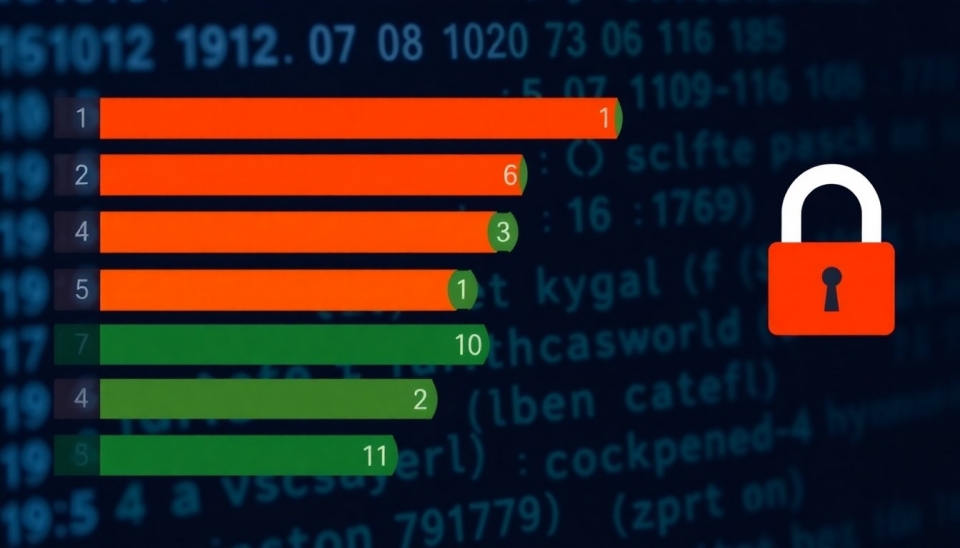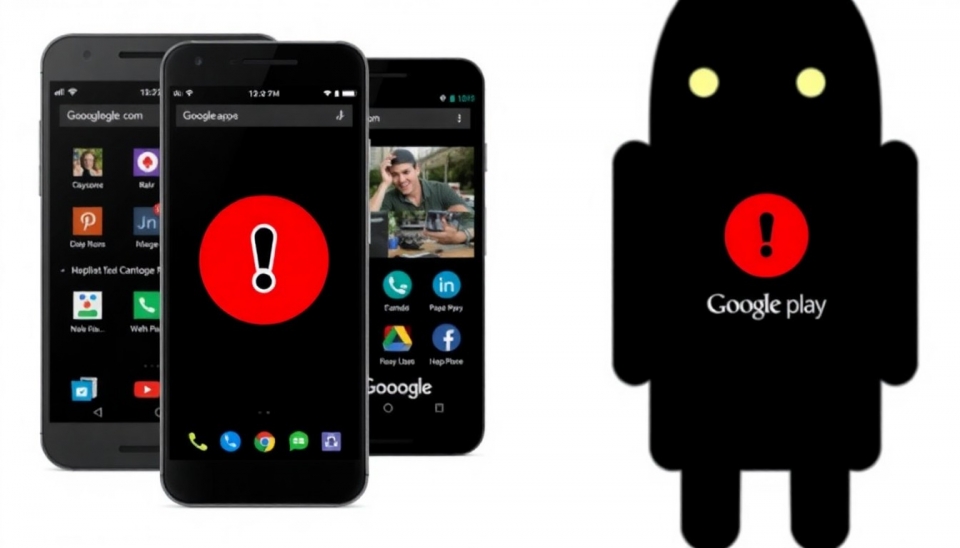
Emergency Chrome Security Update Amid Cyber Espionage Threats
According to recent reports, Google has released an emergency security update for its Chrome browser. This action was taken in response to identified vulnerabilities that could be exploited by cyber spies to gain access to users' personal information. The company's developers note that the vulnerabilities affect all browser versions and pose a serious threat to online data security.
Continue reading
Your iPhone May Be Hacked: Exposing Fake Security Alerts
Many iPhone users face security threats in the form of alarming notifications or alerts that may indicate the need to update the system or suggest that the phone has been hacked. However, experts note that most of these notifications are fake and not related to real threats.
Continue reading
The Threat of Document Conversion Sites: FBI Warns of Malware Spread
The Federal Bureau of Investigation (FBI) has issued a warning regarding the increasing threat posed by websites offering document conversion services. In its statement, the agency claims that these online services can be used as a vehicle for spreading malicious software. Such sites, which at first glance appear safe and convenient for transforming files into various formats, may actually be a ruse that allows cybercriminals to infect users' devices with malware.
Continue reading
Massive Data Leak Exposes 14 Million Customer Shipping Records
A recent cyber incident has disclosed a significant amount of data regarding shipping logistics, compromising 14 million customer records. The data leak occurred at one of the world's largest logistics companies, prompting a wave of outrage among users and data security experts.
Continue reading
Warning! A New Fake App Threatens Android Users' Security
Recently, security researchers have discovered a new malicious application for the Android platform that is a clone of the popular messaging app WhatsApp. This app disguises itself as the real version and aims to collect the user's personal data, including everything they type. By using this tactic, scammers can gain access to accounts, passwords, and even banking information.
Continue reading
The Top 10 Most Popular and Worst Passwords of 2024: What You Need to Know for Your Security
In 2024, cybersecurity experts are once again presenting the most commonly used and unsafe passwords that users continue to employ, despite repeated recommendations to change them. The study revealed that the frequently used passwords have not changed from previous years, with many users sticking to simple, easily guessable combinations.
Continue reading
Shocking Facts About Home Cameras: Your Privacy at Risk
A recent study has revealed alarming data about the vulnerabilities of smart home cameras that may be spying on you. It turned out that many popular camera models not only record video but also collect and transmit personal data without users' knowledge. This information could be used by third parties, raising serious questions about the safety and privacy of our homes.
Continue reading
Risks of Ignoring Router Security Settings: Millions of Users at Risk
Recent studies have shown that ignoring router security settings can put millions of users at risk. In today's world, where the internet is present in almost every home, it is essential to recognize that your network can become a target for cybercriminals if its settings are not optimized for protection.
Continue reading
How to Act if Your Smartphone is Hacked
We all frequently use smartphones for communication, work, and storing personal data. But what should you do if you suspect that your phone has been hacked? In recent years, instances of hacking attacks on mobile devices have become more common, and it's crucial to know how to react in such situations.
Continue reading
Malicious Apps in Google Play Put 8 Million Android Users at Risk
A recent investigation revealed that several malicious applications on the Google Play Store have compromised the security of over 8 million users of Android devices. These applications, which appeared under various pretenses, were actually designed to collect and transmit users' personal data.
Continue reading